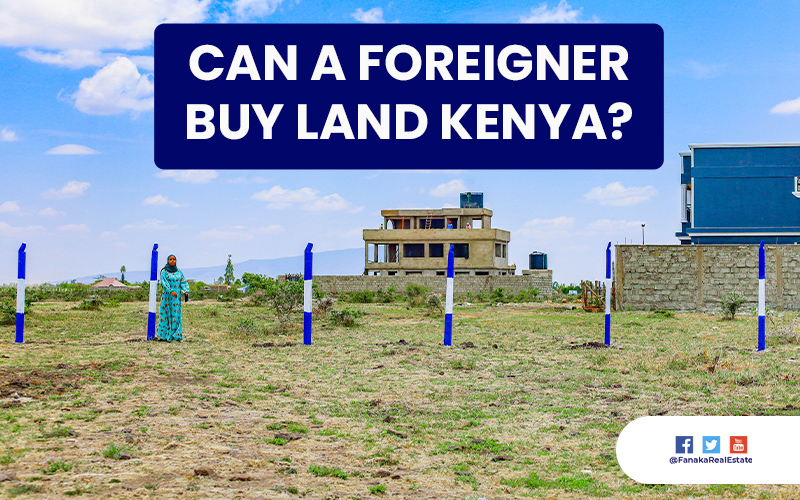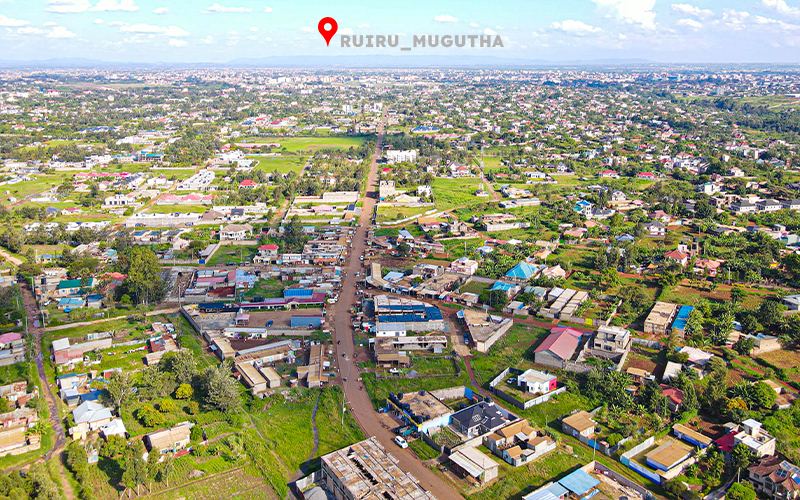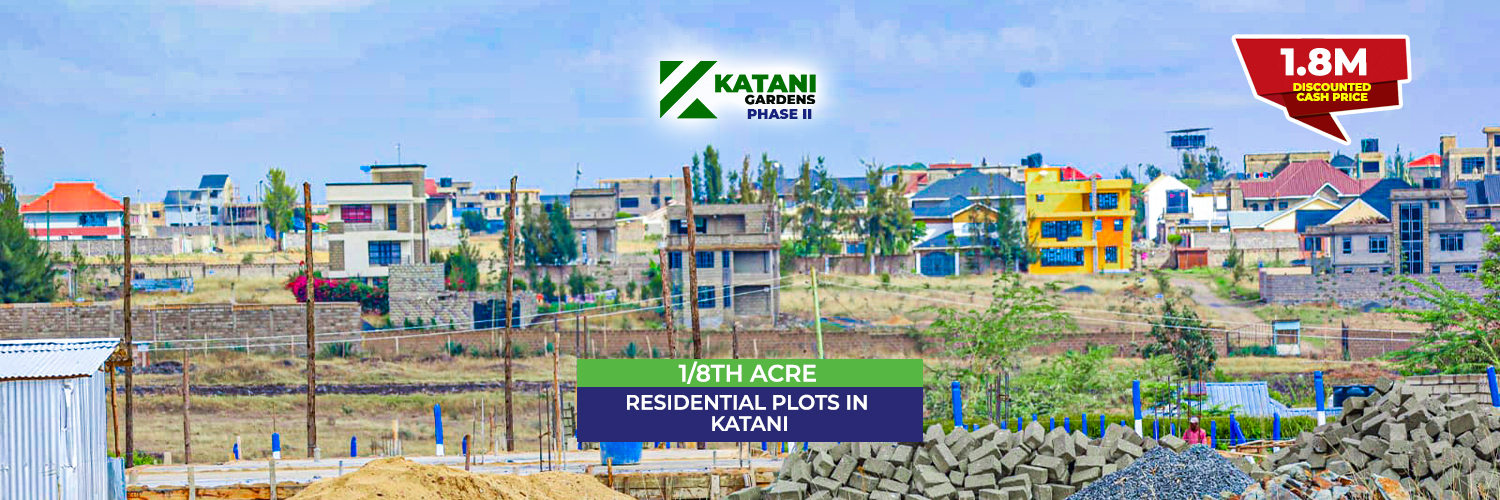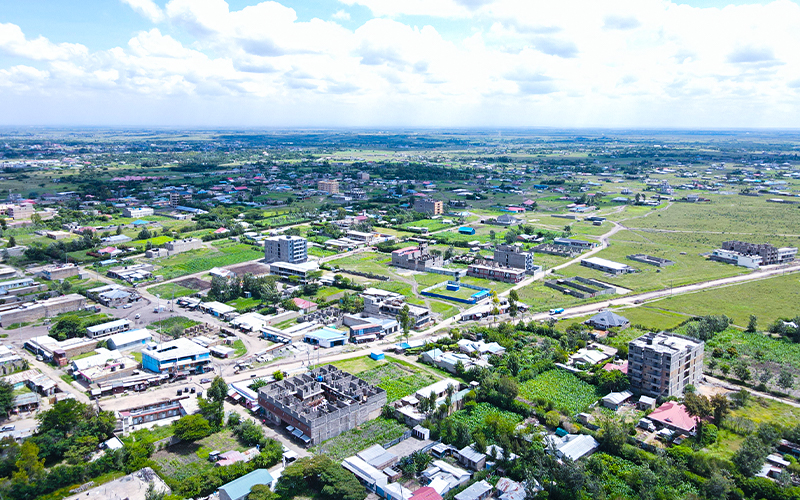
Certainly, non-Kenyans are legally permitted to purchase, convey, and own land in Kenya. However, the Kenyan Constitution restricts such ownership to leasehold tenure with a maximum duration of 99 years.
Article 40 of the Constitution guarantees land ownership in Kenya for any person. Still, it's essential to note that this provision is subject to Article 65, which restricts non-citizens to holding land on leasehold terms of up to 99 years.
Non-citizens cannot own freehold land, but they can hold a 99-year leasehold interest.
Real estate in Kenya is a lucrative investment, attracting both citizens and foreigners due to its consistent high returns.

This article aims to clarify these matters by addressing how non-citizens can buy land in Kenya, the tenure options available (freehold or leasehold), and the maximum duration they can hold the land.
How Non-Citizens Can Buy and Own Land in Kenya:
The Kenyan Constitution of 2010, the Land Act of 2012, and the Land Registration Act of 2012 collectively outline the legal provisions for non-Kenyan citizens to purchase and own land in Kenya.

Unlike Kenyan citizens, foreigners cannot own land on freehold tenure; their ownership is automatically categorized as a 99-year leasehold interest under Article 8(1) of the Constitution.
LOOKING TO INVEST IN LAND WITHIN NAIROBI METROPOLIS? CHAT WITH ME ON WHATSAPP HERE:-> 0799001133
After the leasehold expires, the current owner has priority for land allocation by the Land Commission unless the national or county government requires the land for public purposes.
Limitations on Land Ownership by Non-Citizens in Kenya:
Kenya operates as a democracy under a written constitution that explicitly grants foreigners the right to purchase and hold land on a leasehold tenure not exceeding 99 years, with the option for renewal.

Regarding land ownership by foreign companies, those with multiple foreign shareholders are considered foreign entities and cannot own freehold land.
Instead, foreign companies can only own land on a leasehold basis, with the option to pay minimal rent (peppercorn rent) to the government.
Additionally, non-citizens, including foreign individuals and companies, cannot own first-row beach plots and agricultural land unless the president explicitly allows such ownership through a notice in the Kenyan Gazette.
Requirements for Buying Land in Kenya as a Foreigner:
Foreigners can legally purchase land in Kenya, but the process involves adhering to specific requirements outlined by the Kenyan government. Here are the key requirements for non-Kenyan citizens seeking to buy land in Kenya:
- Own as an Individual: Non-Kenyan citizens can acquire land as individuals, provided they adhere to the leasehold tenure limit of 99 years.
- Own with a Trust: Trusts can also own land in Kenya, but the beneficiaries must not be Kenyan citizens. The leasehold limitation of 99 years applies in such cases.
- Own with a Company: Foreign companies, with more than one foreign shareholder, can purchase land in Kenya, but their ownership is restricted to leasehold tenure with a maximum duration of 99 years.
How to Avoid Being Duped:
To safeguard themselves from potentially questionable land deals, foreigners are advised to seek the services of competent legal professionals.
A qualified lawyer can guide them through the legal requirements for purchasing and owning land in Kenya and offer legal representation in case of disputes. It is crucial to choose a lawyer who genuinely prioritizes the client's interests.
In conclusion, non-citizens can indeed legally acquire and own land in Kenya, but their ownership is subject to specific leasehold tenure restrictions outlined in the Constitution and relevant land laws.




